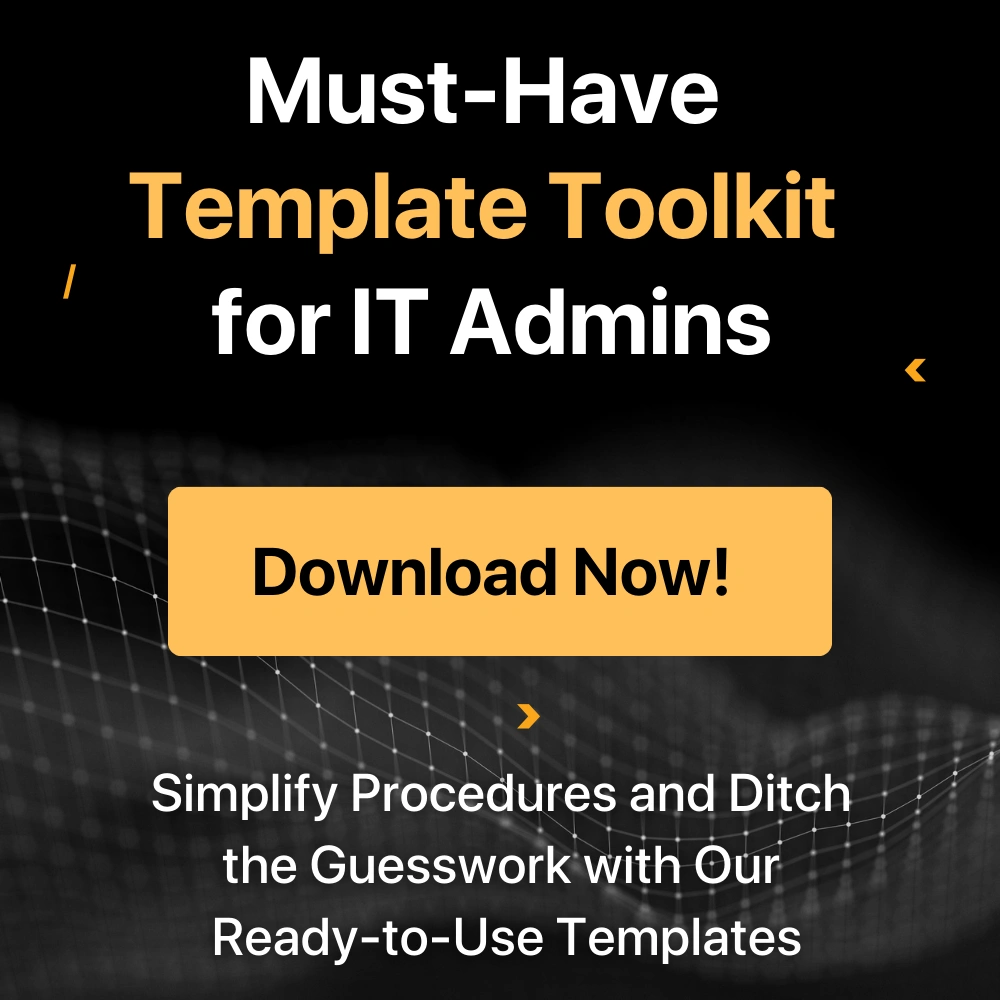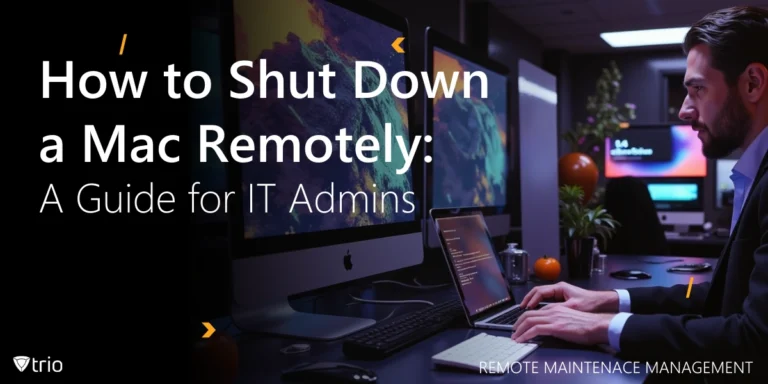Businesses are constantly seeking innovative ways to attract and retain customers. One of the most effective strategies for gaining traction is personalization. According to Epsilon, “80% of consumers are more likely to make a purchase when brands offer personalized experiences.” By tailoring the shopping experience to individual preferences and behaviors, retailers can forge stronger connections with consumers, enhance customer satisfaction, and ultimately drive sales. In this article, we talk about the realm of personalization in retail, explore best practices, real-world examples, and the tools empowering retailers to deliver customized experiences.
What Is Personalized Retail?
Personalization in the retail industry involves leveraging data and technology to deliver tailored experiences to individual shoppers. It goes beyond simply addressing customers by name or recommending products based on past purchases.
Instead, it encompasses a holistic approach that considers various factors such as browsing history, demographic information, location, and even real-time interactions. By harnessing insights gleaned from these sources, retailers can create highly relevant and engaging experiences that resonate with consumers on a personal level.
Best Practices for Implementing Retail Personalization
Here are some best practices retailers can use for personalization in the retail industry.
-
Data Collection and Analysis
The foundation of effective personalization lies in robust data collection and analysis. Retailers must gather data from multiple touchpoints, including websites, mobile apps, social media, and in-store interactions. Advanced analytics tools can then be employed to derive actionable insights from this data, enabling retailers to understand customer preferences, behavior patterns, and purchase intent.
-
Segmentation
Once data is collected, retailers can segment their customer base into distinct groups based on common characteristics or behaviors. This segmentation allows for more targeted personalization efforts, ensuring that each customer receives relevant recommendations and communications. Segments can be defined by factors such as purchase history, demographics, interests, or engagement level.
-
Dynamic Content Delivery
Personalization extends to the content presented to customers across various channels. Retailers can dynamically adjust website content, email campaigns, product recommendations, and promotional offers based on individual preferences and browsing behavior. This ensures that customers are presented with relevant content at each stage of their journey, increasing the likelihood of conversion.
-
Omni-Channel Integration
Personalization should be seamless across all touchpoints, whether online or offline. By integrating data from multiple channels (omni-channel retail strategy), retailers can provide a consistent experience across platforms and devices. For example, a customer browsing products on a mobile app should see personalized recommendations that align with their previous online purchases or in-store interactions.
-
Continuous Optimization
Personalization is an ongoing process that requires constant monitoring and optimization. Retailers should regularly analyze the performance of personalized experiences, experimenting with different strategies and iterating based on feedback and results. By continuously refining their operational efficiency in retail, retailers can stay ahead of evolving consumer preferences and deliver increasingly relevant experiences.

Tools for Personalization in Retail
The use of technology in the retail industry can be beneficial for all parties involved. Some tools that you can use for personalization in retail include:
-
Customer Relationship Management (CRM) Software
CRM software enables retailers to centralize customer data, track interactions, and segment customers based on various criteria. Popular CRM platforms offer robust features for personalized marketing and communication.
-
Data Analytics Platforms
Advanced analytics tools provide retailers with insights into customer behavior, preferences, and purchasing patterns. These platforms enable retailers to derive actionable insights from large volumes of data, informing personalized marketing strategies and content optimization efforts.
-
Personalization Engines
Personalization engines empower retailers to deliver tailored experiences across digital channels. These platforms leverage machine learning algorithms to analyze customer data in real-time and dynamically adjust content, recommendations, and offers based on individual preferences.
-
Marketing Automation Tools
Marketing automation platforms enable retailers to automate personalized communication with customers across email, social media, and other channels. These tools allow retailers to deliver targeted messages, promotions, and recommendations based on customer segmentation and behavior triggers.
-
E-commerce Platforms with Built-in Personalization
Many e-commerce platforms offer built-in personalization features or integrations with third-party personalization tools. These platforms enable retailers to create personalized product recommendations, content, and shopping experiences without the need for extensive customization.
-
Mobile Device Management Solutions
Mobile Device Management (MDM) solutions can be valuable tools for personalization in retail, particularly in enhancing the in-store shopping experience. By using MDM for retail, retailers can gain control over the mobile devices used by staff and customers within their stores. These solutions enable retailers to remotely manage and configure devices, ensuring they are optimized for personalized interactions.
Conclusion
Personalization enables businesses to connect with customers on a deeper level and drive meaningful engagement. By adopting best practices, drawing inspiration from successful examples, and leveraging the right tools, retailers can use personalization to stay ahead in today’s competitive markets.
MDM solutions empower retailers to leverage mobile technology to deliver personalized experiences that drive engagement, loyalty, and ultimately, sales. Trio is an MDM solution capable of automating and streamlining many integral in-house organization processes. To check out its capabilities, try out Trio’s free demo today!
Get Ahead of the Curve
Every organization today needs a solution to automate time-consuming tasks and strengthen security.
Without the right tools, manual processes drain resources and leave gaps in protection. Trio MDM is designed to solve this problem, automating key tasks, boosting security, and ensuring compliance with ease.
Don't let inefficiencies hold you back. Learn how Trio MDM can revolutionize your IT operations or request a free trial today!




